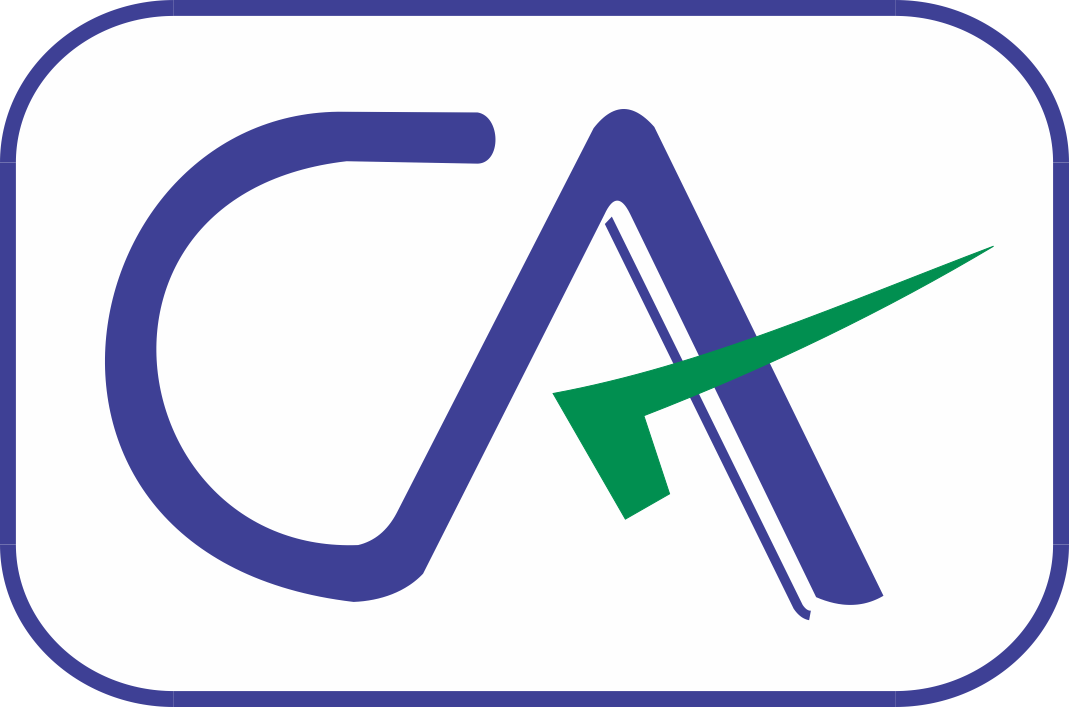
Introduction :
In today’s rapidly evolving business landscape, advancements in technology and automation have significantly impacted various industries, including the field of accounting. Chartered accountants, known for their expertise in financial management and compliance, are now facing new opportunities and challenges as they navigate the era of technology and automation. This article delves into the evolving role of chartered accountants in light of these advancements. We will explore the transformative potential of technologies such as artificial intelligence (AI), data analytics, and automation, highlighting how they enhance the efficiency, accuracy, and decision-making capabilities of chartered accountants.
1. The Impact of Technology on Accounting :
The rapid advancement of technology has revolutionized the accounting profession. Chartered accountants now have access to an array of powerful tools and systems that streamline their work processes, improve accuracy, and unlock new insights. This section discusses the key technological advancements that have reshaped the role of chartered accountants, including cloud computing, data analytics, AI, robotic process automation (RPA), and blockchain. We explore how these technologies have automated routine tasks, simplified data management, and empowered accountants to focus on higher-value activities.
2. Leveraging Data Analytics for Improved Financial Insights :
Data analytics plays a pivotal role in the evolving role of chartered accountants. By harnessing the power of data, accountants can uncover valuable insights, identify patterns, and make data-driven decisions. This section delves into how data analytics tools and techniques enhance financial analysis, risk assessment, and fraud detection. We discuss how chartered accountants can leverage data analytics to gain a comprehensive understanding of financial trends, customer behavior, and operational efficiencies. Additionally, we explore the challenges associated with data analytics, such as data quality and privacy concerns, and discuss strategies for overcoming these hurdles.
3. Embracing Artificial Intelligence and Automation :
Artificial intelligence and automation have the potential to revolutionize the accounting profession. This section explores how AI-powered technologies, such as machine learning and natural language processing, can automate repetitive tasks, improve accuracy, and enhance decision-making. We discuss the applications of AI in areas like financial reporting, audit procedures, and tax compliance. Furthermore, we examine the ethical considerations and potential challenges associated with AI adoption, including job displacement concerns and the need for upskilling and reskilling chartered accountants.
4. The Role of Chartered Accountants as Strategic Advisors :
As technology and automation take over routine tasks, the role of chartered accountants is evolving from being purely compliance-oriented to becoming strategic advisors. This section highlights the value that accountants bring in terms of their analytical skills, financial expertise, and business acumen. We discuss how chartered accountants can leverage technology and automation to enhance their advisory role, providing valuable insights on financial forecasting, risk management, and strategic decision-making. Moreover, we emphasize the importance of continuous learning and adapting to technological advancements to remain relevant and thrive in the profession.
5. Overcoming Challenges and Embracing Opportunities :
The adoption of technology and automation in the accounting profession presents both opportunities and challenges for chartered accountants. This section addresses the challenges that professionals may face, such as resistance to change, data security concerns, and the need for ongoing professional development. Additionally, we discuss strategies for overcoming these challenges and capitalizing on the opportunities provided by technology. We highlight the importance of embracing a growth mindset, fostering a culture of innovation, and nurturing a lifelong learning approach.
Conclusion :
In conclusion, the evolving role of chartered accountants in the era of technology and automation presents immense possibilities for the profession. As technology continues to advance, chartered accountants have the opportunity to leverage AI, data analytics, and automation to enhance their efficiency, accuracy, and decision-making capabilities. By embracing these advancements, chartered accountants can evolve into strategic advisors, leveraging their financial expertise and business acumen to provide valuable insights and guide organizations toward sustainable success.
However, to fully realize the potential of technology, chartered accountants must remain adaptable, continuously upskill, and embrace a mindset of lifelong learning. Through this proactive approach, chartered accountants can thrive in the digital age and contribute significantly to the financial well-being of businesses and the economy as a whole.

